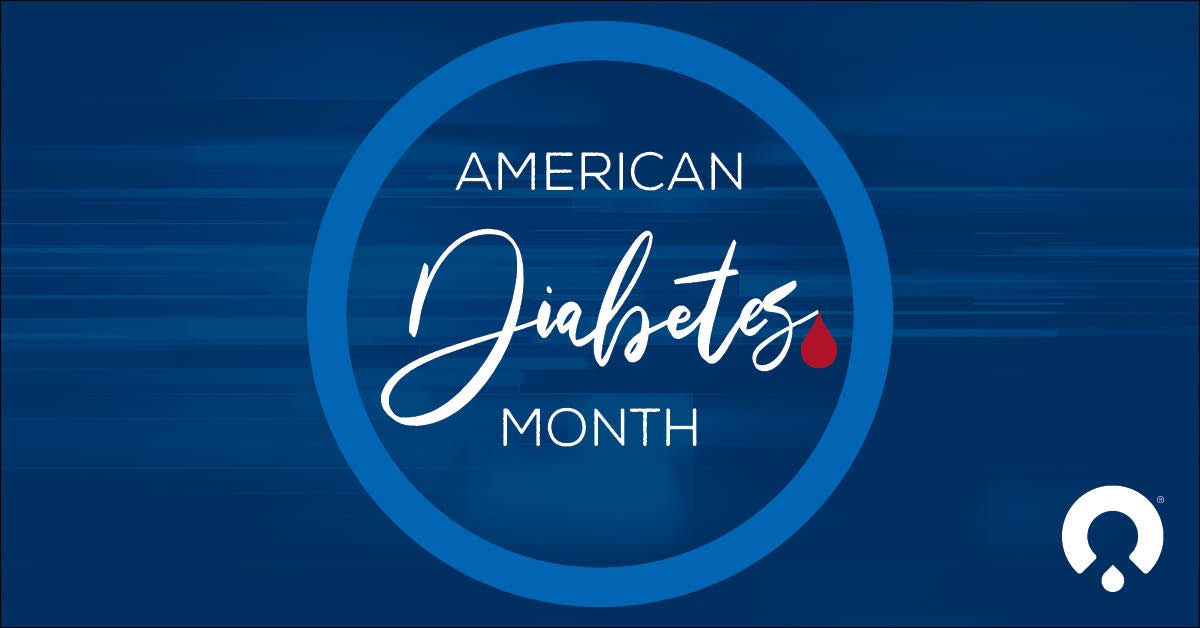Heather Georgoudiou
November 6, 2024
- Give Blood
- Why Give
- Get Involved
- Our Impact
- View Promotions
Can Diabetics Donate Blood?
November is American Diabetes Month. Diabetes affects more than 38 million Americans, and 1 in 5 do not even know they have it. A common misconception is that being a diabetic means you can’t donate blood, but that’s not necessarily true.
If you are healthy and your diabetes is under control, you may be able to donate blood. Check in with your medical care team before you donate to get their recommendation.
Being a diabetic does not mean you can’t donate blood, but there are some factors related to your diabetes that could cause you to be deferred.

Will my blood sugar level prevent me from donating blood?
If your blood glucose level is within your target range (set by your medical provider) and you are in good health, you should be fine to give blood.
You should not donate if you are having issues with your sugars and they are not in range.
Does it matter if I have Type 1 or Type 2 diabetes?
As long as your diabetes is well-managed and under control, you can donate blood. Having Type 1 diabetes or Type 2 diabetes does not make a difference.
Tips for diabetics on how to prepare before giving blood
In the days before your donation, strive to keep your sugar level within the normal range as determined by your medical care team. As with all blood donors, we recommend that you hydrate well the days before and after your donation and get plenty of sleep the night before. Find more pre-donation tips here.
Monitor your blood glucose levels post-donation
Some Type 1 diabetics report slightly elevated blood glucose levels 3-5 days after donating. While your immediate levels won’t spike or bottom out due to donating, it is possible that donating blood may cause your A1C or HbA1c to be falsely lowered. This is thought to be caused by blood loss and accelerated red blood cell turnover.
Monitor your blood sugar levels after donating and make sure to keep your body nourished by increasing your fluid intake and consuming more iron.
Unlike insulin diabetic’s use, blood cannot be manufactured. The only source for patients in need of a transfusion is volunteer blood donations. If your diabetes is well-controlled you can give whole blood every 56 days or donate platelets every 7 days.
Ready to donate? Celebrate taking control of your diabetes and donate to help save lives. Walk in or make an appointment at a OneBlood Donor Center or Big Red Bus blood drive today.

Heather Georgoudiou
Heather Georgoudiou is OneBlood’s Digital Marketing Manager with 10 years’ experience in the health care industry. She is passionate about saving lives through engaging digital communications. Power tools include strong tea and dark chocolate.







